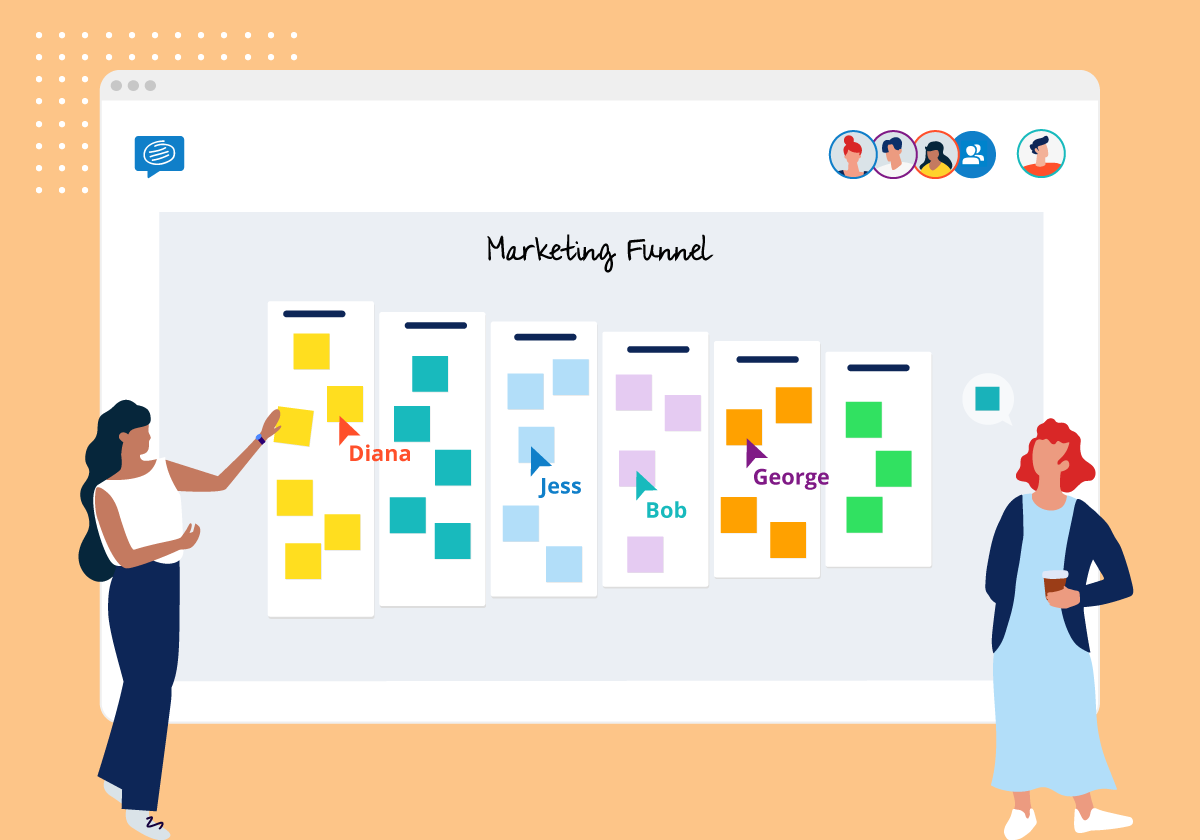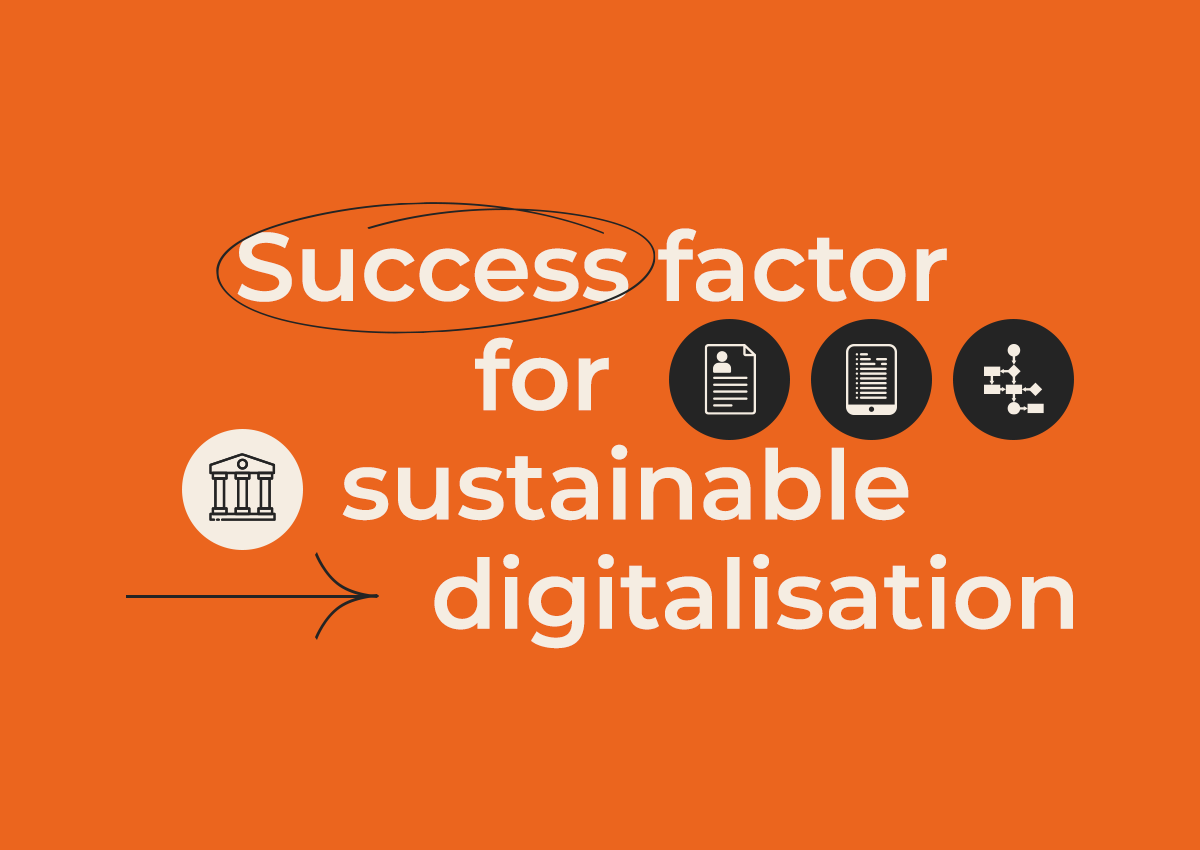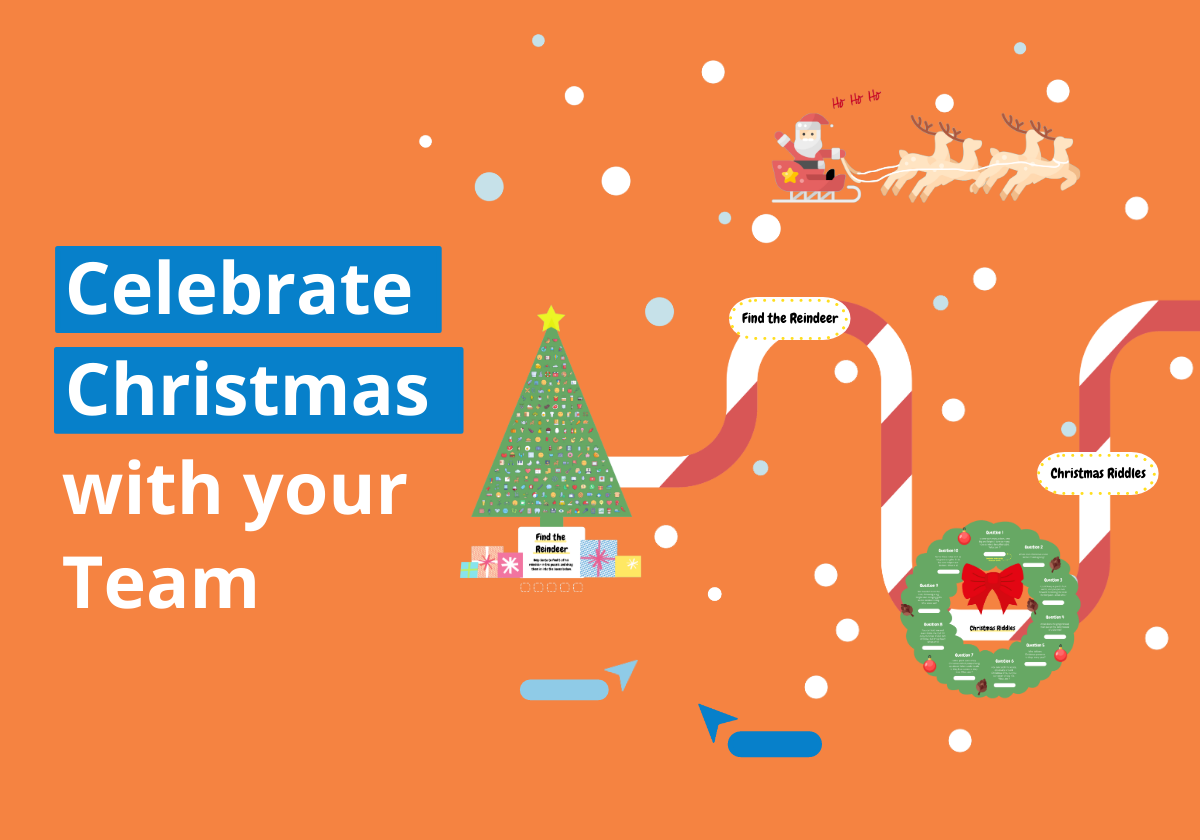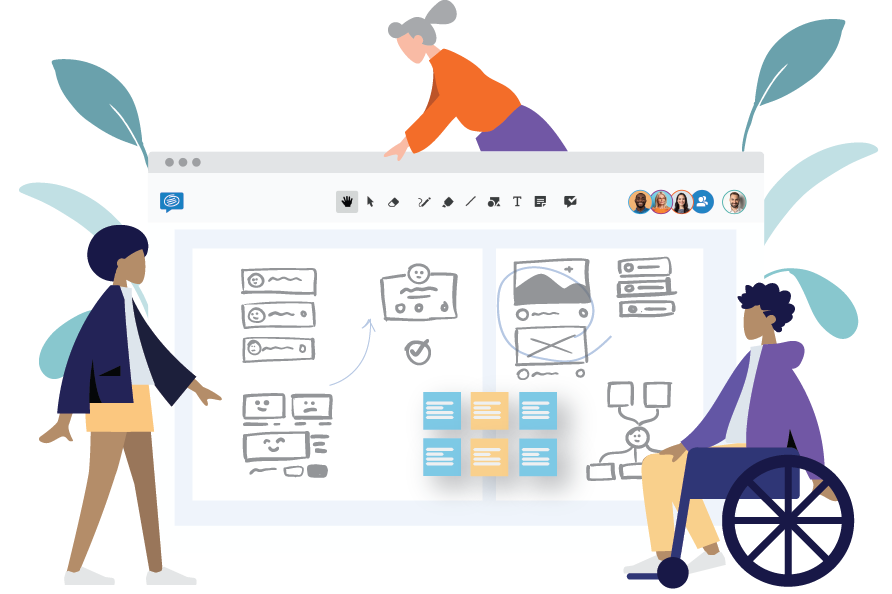This post is also available in: German
A marketing funnel may seem like a complicated tactic used by salespeople, but in actual fact, every business has one. If you bring people to your website, give them some information about your products, then drive them to purchase, that’s a very simplified marketing funnel. But, without optimising the funnel, you may be missing out on sales as potential customers drop off along the way.
Using a marketing funnel template will help you understand your customer journey, so you can optimise your marketing funnel to win you more sales. Let’s take a look at how it works.
What is the marketing funnel?
What are funnels in marketing, exactly? A marketing funnel simply means the stages that customers go through when they purchase your product. It covers the customer journey, all the steps from awareness, interest, consideration, intent, evaluation through to purchasing. Besides the term marketing funnel, it sometimes can also be called sales funnel or conversion funnel.
The funnel metaphor refers to the idea that marketers cast a broad net to capture as many leads as possible, and then slowly narrow down potential customers as they progress through the funnel.
There are multiple versions of the stages of the marketing funnel, but in the template below, we’re focusing on the most common and relevant funnel stages to ensure the template is useful to as many marketers as possible.
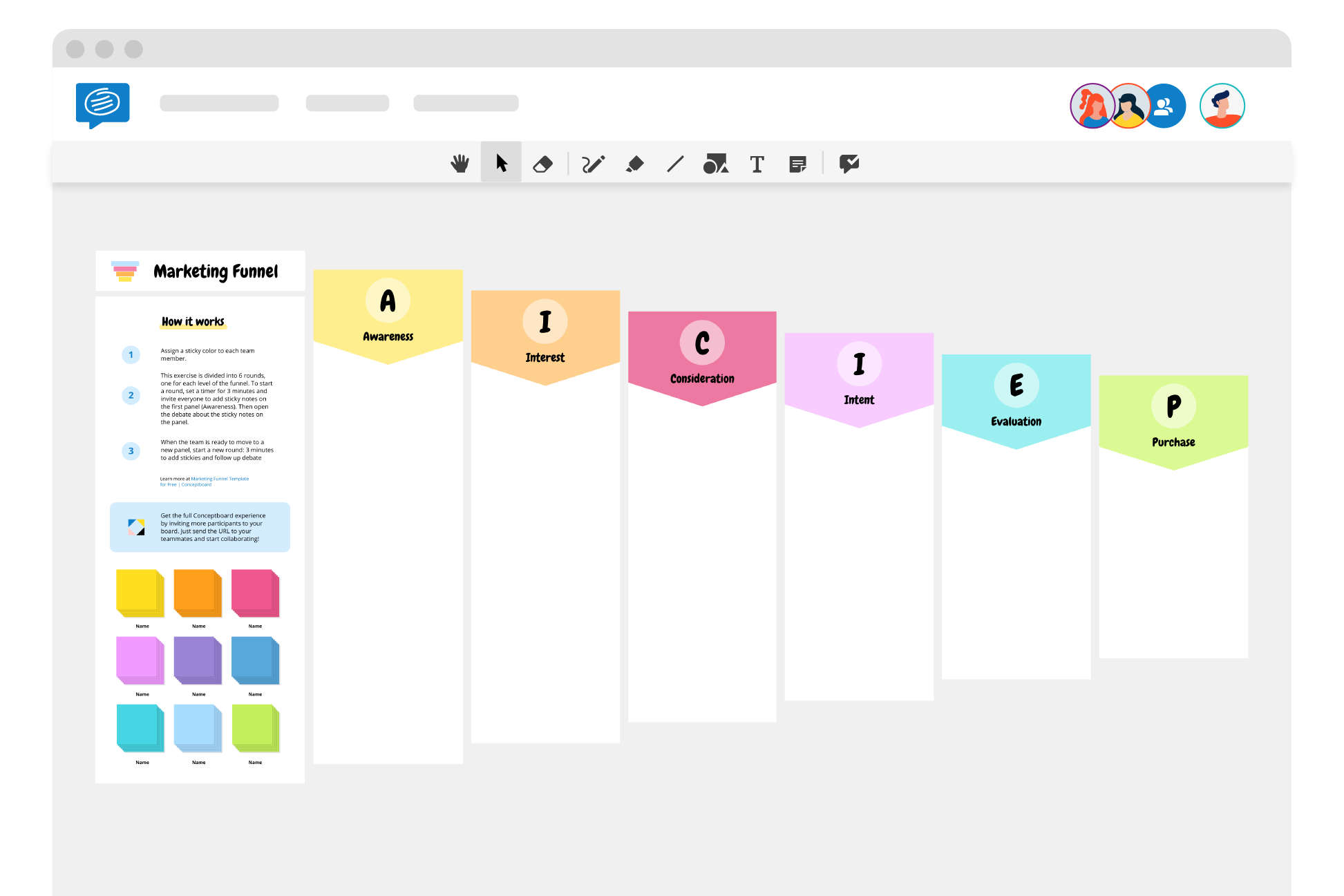
What are the stages of the marketing funnel?
The six stages of the marketing funnel are:
Awareness- Top of the funnel (TOFU)
The focus in the stage is creating marketing material and strategies that increase brand awareness. The aim here is to try to capture some information to facilitate lead nurturing further down the funnel or remarketing (ie: email address or pixel tracking).
Best content: Social media posts highlighting product, paid ads, landing pages, events, webinars, direct mail, collaborations
Interest
The next step is for these potential customers to do some research to find out whether your products meet their needs. Brands should create content that tells potential customers more about their products, company values and expertise.
Best content: Email drip campaigns, newsletters, staff profiles, company values, infographics, FAQs
Consideration (MOFU)
Once a lead makes it to the consideration stage, they are seen as prospective customers. This stage where the user is trying to decide between multiple products or services is the middle of the funnel or MOFU. Here, they are looking for more information about how the product suits their specific needs.
Best content: Email drip campaigns, case studies, free trials, feature and price comparison charts, templates.
Intent
At the intent stage, the customer has decided they are interested in purchasing from you. They may have finished their free trial, or added a product to the shopping cart, and are ready to buy.
Best content: Easy upgrade process, email drip campaign, coupon codes.
Evaluation (BOFU)
Buyers are at the final stage before purchasing, where they are doing the final evaluation. This is the moment of truth for your offering. This stage is also characterized by a transition of the lead from being a marketing qualified lead (MQL) to a sales qualified lead (SQL). Make sure you are on-hand to answer any final questions they may have.
Best content: Direct Q&As via phone or email.
Purchase
Well done, your funnel has worked, and the lead has become a paying customer. Don’t forget to continue to nurture them to help drive referrals and word-of-mouth recommendations.
Best content: Capture a testimonial, offer referral discounts.
How to use a marketing funnel template?
Using a marketing funnel template will simplify the process while ensuring you don’t miss out on any key information.
We’ve created a simple online marketing funnel template you can use collaboratively with your team. Follow the steps outlined below to create your very own marketing funnel in minutes!
- Invite your team to collaborate on the template by sending them a link to the board.
- Use sticky notes to add your ideas in each section
- Once the template is completed, you can either download it as a PDF or save it in your Conceptboard account to refer back to and update at any stage.
Remember, a marketing funnel is not a static concept, but something that you’ll need to actively update, iterate and review regularly to ensure it’s optimised. It’s important to review metrics such as volume, velocity and conversion rates.
It’s not a simple undertaking, but it’s one of the major areas you can work on to drive major improvements along your sales process.
If you liked this article, make sure you check our other free business strategy templates such as 15 brainstorming techniques & templates for 2023 and 7 ultimate templates for every stage of the product development process.
Discover how your team can work smarter on an online whiteboard by signing up for a free 30 day trial now.

